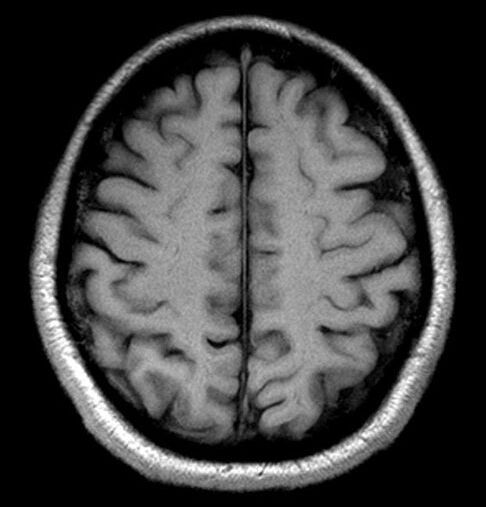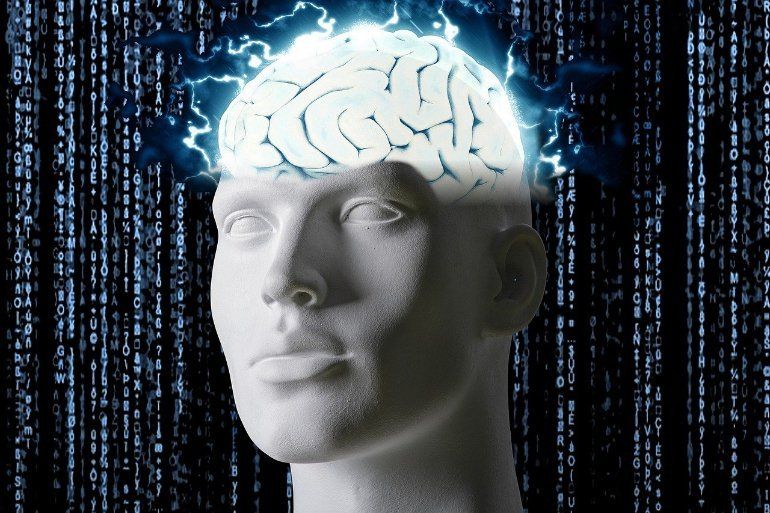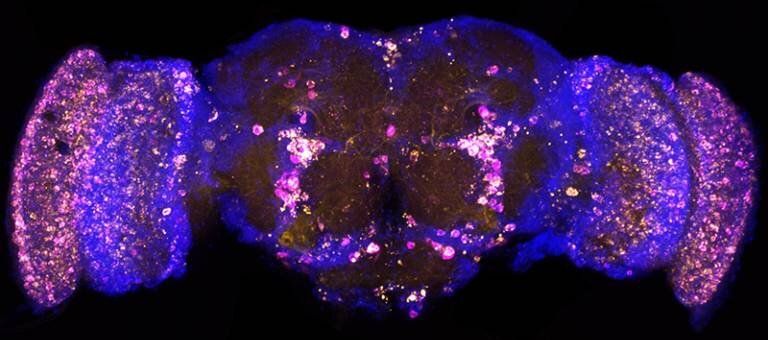In her new book, Brandy Schillace recalls the unbelievable legacy of a Cold War era neurosurgeon’s mission to preserve the soul.




What it might be like to get a Neuralink!
Hey it’s Han from WrySci HX going through everything(!) you need to know about Neuralink. How it works, what it might be like to get one, what it might be capable of, and more! It’s a complete 2021 guide to Neuralink for dummies, by a dummy. More below ↓↓↓
Subscribe! =]
Please consider supporting 🙏
Patreon: https://www.patreon.com/wrysci_hx.



How a single cell slime mold makes smart decisions without a central nervous system. Having a memory of past events enables us to make smarter decisions about the future. Researchers at the Max-Planck Institute for Dynamics and Self-Organization (MPI-DS) and the Technical University of Munich (TUM) have now identified how the slime mold Physarum polycephalum saves memories – although it has no nervous system.


